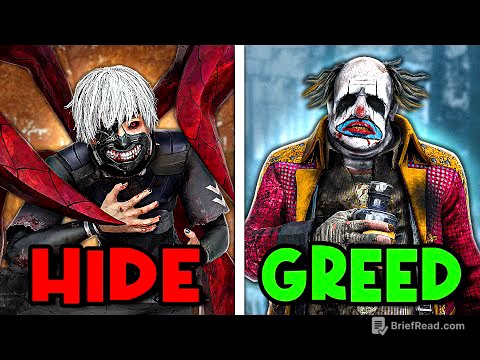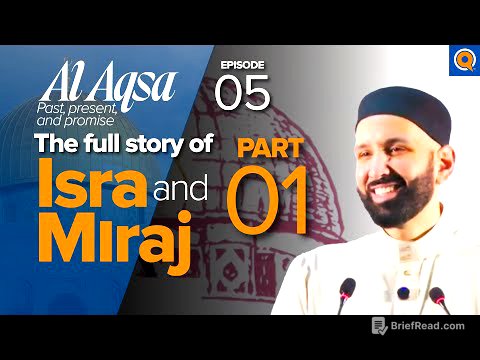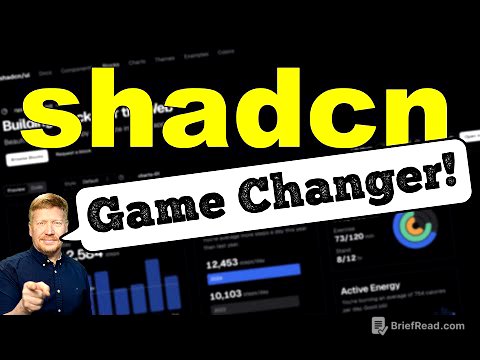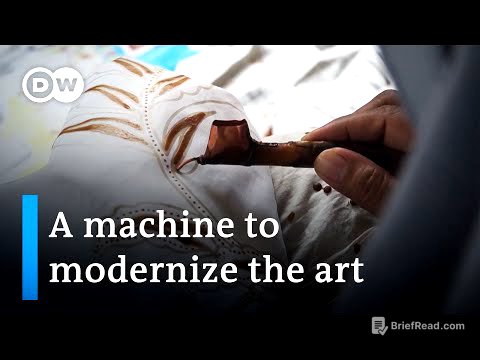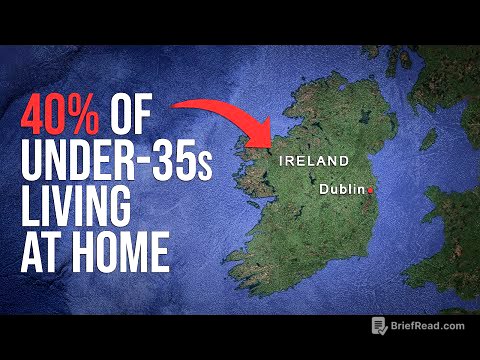TLDR;
The story of Balaam and Balak is a complex narrative about disobedience, spiritual blindness, and divine intervention. Despite being a known prophet, Balaam's ambition and desire for wealth lead him to defy God's direct commands. King Balak of Moab, fearing the Israelites, seeks to hire Balaam to curse them, highlighting a belief in the power of words to counteract divine blessing. God allows Balaam to proceed, but sends an angel with a sword to block his path, an angel visible only to Balaam's donkey. The donkey's actions to avoid the angel result in Balaam beating her, until God allows the donkey to speak, rebuking Balaam. Finally, God opens Balaam's eyes to see the angel, revealing the perversity of his chosen path.
- Balaam, a prophet, is hired by King Balak to curse the Israelites.
- God initially forbids Balaam from cursing them, but later allows him to go.
- An angel with a sword blocks Balaam's path, visible only to his donkey.
- The donkey speaks, rebuking Balaam for his actions.
- God opens Balaam's eyes, and he sees the angel and repents.
Introduction: The Strange Story of Balaam [0:00]
The story of Balaam involves a prophet, a talking donkey, and an invisible angel with a sword, highlighting themes of disobedience, spiritual blindness, and divine revelations. Balaam, though not part of God's people, had a reputation for influencing spiritual realities through his words, making kings listen and nations be silenced. King Balak of Moab, fearing Israel's spiritual strength and growth, seeks Balaam to curse them, opting for words over warfare. Despite God's clear communication with Balaam, the prophet is driven by ambition and spiritual blindness, setting the stage for his own donkey to outdo him in spiritual discernment.
Balak's Fear and Balaam's Invitation [3:00]
The narrative shifts to the kingdom of Moab, where King Balak witnesses Israel's victories and spiritual strength, leading him to fear their advancement. Balak believes in the power of words and seeks to hire Balaam to curse Israel, hoping to reverse the divine protection surrounding them. He sends messengers with gifts and promises of wealth to persuade Balaam to curse the Israelites. Balaam initially seeks the Lord, but the narrative hints at a building tension, as Balak isn't seeking God's will but someone to echo his desires, and Balaam entertains the offer.
God's Clear Command and Balaam's Divided Heart [5:19]
Balac's messengers arrive with promises, inviting Balam to curse Israel. Balam consults the Lord, who directly commands him not to go or curse the people, as they are blessed. Despite this clear command, Balam tells the messengers that the Lord did not permit him to go, without acknowledging Israel as God's people or expressing fear of the Most High, leaving room for a second chance. This reveals a divided heart, where Balam knows God's will but harbors a desire for Moab's treasures, setting the stage for unexpected events.
The Second Delegation and a Spiritual Loophole [7:19]
Balac, persistent in his fear, sends a second, more prestigious delegation with an increased offer to persuade Balaam to curse Israel. Despite already knowing God's will, Balaam hesitates and asks the delegation to stay so he can inquire what more the Lord will say to him, seeking a spiritual loophole. God allows Balaam to go with them if they call for him, but emphasizes that he must only speak God's words, exposing Balaam's hidden desire and warning of judgment in disguise. Balaam, early in the morning, sets out with the princes of Moab, but God's anger is kindled because he went, revealing that permission doesn't equal approval.
The Angel with a Sword and the Blind Prophet [10:12]
As Balaam travels, God sends an angel with a sword to intercept his path, a warrior confronting Balaam's disobedience. The angel is positioned between Balaam and his destiny, but Balaam, the supposed man of spiritual vision, is completely unaware of the impending confrontation. Only Balaam's donkey sees the angel, becoming an instrument of divine revelation while Balaam is intoxicated by honor, position, and wealth. Balaam moves forward, unaware that he is opposed by God himself, highlighting that spiritual blindness is a disconnect between hearing God's voice and obeying with the heart.
The Donkey's Sight and Balaam's Blindness [12:04]
God sends an invisible angel with a drawn sword, placing him on the path of Balaam and his donkey because Balaam went, exposing his true intentions. The angel appears as a silent barrier, but Balaam sees nothing, while his donkey clearly sees the celestial being. The donkey's ability to see what Balaam cannot is a spiritual wake-up call, emphasizing that Balaam's spiritual blindness is a result of a heart corrupted by ambition. God is giving Balaam a final chance to stop, but he remains blind, leading to unexpected events.
Three Interventions and Three Reactions [14:08]
Balaam's donkey sees the angel with the sword and responds spiritually, unlike Balaam. The donkey turns into a field, crushes Balaam's foot, and eventually lies down, all in attempts to avoid the angel. Balaam reacts with anger and beats the donkey each time, blind to the spiritual reality. The donkey's actions are divine interventions, while Balaam's reactions are violent, exposing his lack of discernment. The environment itself resists Balaam's path, and the animal perceives what he cannot.
The Lord Opens the Donkey's Mouth [16:26]
Consumed with fury, Balaam strikes his donkey for the third time, revealing his lost sensitivity of soul. His beatings symbolize how anger can cloud discernment and make one attack the very thing sent to warn them. The donkey, seeing the invisible angel, tries to spare her master, but Balaam is blind with rage, pride, and ambition. God then opens the donkey's mouth, and she confronts Balaam, questioning his actions. Balaam responds as if it were normal, highlighting his detachment from reality.
The Donkey's Rebuke and Balaam's Blindness [18:20]
The dialogue between Balaam and the donkey is a curious scene, where the donkey speaks with more clarity and reverence than Balaam. The donkey appeals to her record of loyalty, using logical and historical arguments, winning the debate. God uses whoever he wants, even an animal, to open the eyes of those who refuse to see, highlighting the divine irony of Balaam, who boasts of hearing God, being rebuked by a donkey. The donkey sees the angel, acts wisely, and speaks humbly, while Balaam still sees nothing.
The Lord Opens Balaam's Eyes [20:56]
God opens Balaam's eyes, and he finally sees the angel of the Lord with his drawn sword, realizing what his donkey had seen all along. He falls face down on the ground, his facade of spiritual vision collapsing. The angel speaks, revealing that Balaam's way is perverse and that the donkey saved him from death. Balaam confesses his guilt, but the damage is done, and God has shown that gifts and reputation are not enough if the heart is crooked.
The Contrast Between the Donkey and the Prophet [23:30]
The story revolves around the shocking contrast between the donkey, who saw the angel and responded with reverence, and Balaam, who was completely blind. This divine irony is a silent judgment on who is truly connected to God's voice. Balaam's problem wasn't lack of information, but his insistence on negotiating with holiness and trying to serve two masters. God uses unlikely instruments to confront those who believe themselves spiritually prepared, using the simplest to teach the most noble.
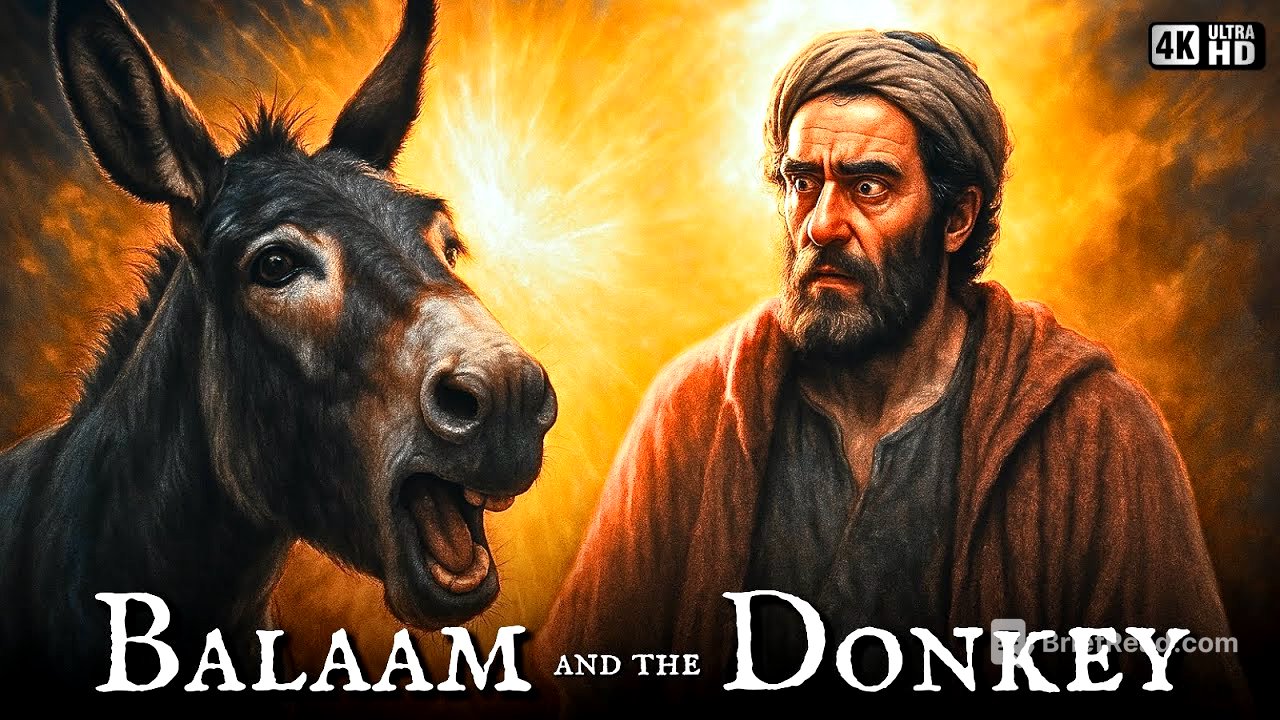
![Advance Excel Full Course 2026 [FREE] | Advance Excel Tutorial | Advance Excel Course | Simplilearn](https://wm-img.halpindev.com/p-briefread_c-10_b-10/urlb/aHR0cDovL2ltZy55b3V0dWJlLmNvbS92aS9TRDJDTTdVT0NwYy9ocWRlZmF1bHQuanBn.jpg)

